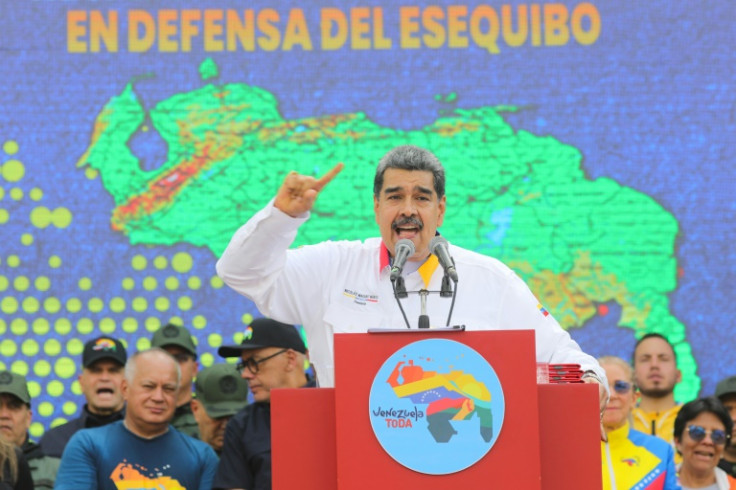
The State Department lists Nicaragua, Venezuela, and Cuba in their list of nations not combating human trafficking, failing to meet minimum standards for elimination.
The U.S. Department of State's 2024 Trafficking in Persons (TIP) Report, released on Monday, says these countries also lack significant efforts to address the issue.
"Human trafficking is a stain on the conscience of our society. It fuels crime, corruption, and violence. It distorts our economies and harms our workers. And it violates the fundamental right of all people to be free," Secretary of State Antony Blinken said in a statement.
The report highlights that in Venezuela human traffickers exploit domestic and foreign victims abroad. "As Venezuela's economic, political, and humanitarian crises continued, more than seven million Venezuelans have fled to countries around the world, and more than six million have settled in 18 countries in the region."
"Traffickers allegedly recruit Venezuelan migrants and refugees into trafficking networks, particularly women and girls, using false promises of safe migration. Venezuelan trafficking victims have been identified in 24 countries over the last five years," the State Department says in the document.

President Nicolas Maduro and his representatives, who are not recognized by the U.S. as the legitimate Government of Venezuela, did not report investigating, prosecuting, or convicting any traffickers, according to the report.
In the Nicaragua report, Daniel Ortega administration "continued to minimize the severity of the trafficking problem in Nicaragua, which stymied efforts to inform and educate the public," the document says.
Among the trafficking profile in the country, the document states that women, children, and migrants in Nicaragua are especially vulnerable to trafficking. "Traffickers subject Nicaraguan women and children to sex trafficking within the country and in other Central American countries, Mexico, Spain, and the United States."
As per Cuba, the report stressed that despite the lack of significant efforts, the government took some steps to address trafficking. "However, there was a government policy or pattern to profit from forced labor in Cuba's labor export program, which included foreign medical missions."
"The government continued to deploy government-affiliated Cuban workers to foreign countries using deceptive and coercive tactics. In the majority of cases, the government kept a significant amount of workers' wages; confiscated workers' passports and professional credentials; subjected workers to surveillance and strict curfews; and did not consistently inform participants of the terms of their contracts, which varied from country to country."
Around the globe, an estimated 27 million people are exploited for labor, services, and commercial sex, as per the document. "Through force, fraud, and coercion, they are made to toil in fields and factories, in restaurants and residences. Traffickers prey on some of the world's most marginalized and vulnerable individuals – profiting from their plight," the statement adds.
The report provides a comprehensive assessment of this practice, as well as efforts by governments and stakeholders around the globe to combat it, by measuring progress in 188 countries, including the United States.
The countries not combating human trafficking
This is the complete list of "countries whose governments do not fully meet the TVPA's minimum standards and are not making significant efforts to do so," according to the The U.S. Department of State's 2024 Trafficking in Persons (TIP) Report.
- Afghanistan
- Djibouti
- Russia
- Belarus
- Eritrea
- Sint Maarten
- Brunei
- Iran
- South Sudan
- Burma Korea
- Sudan
- Cambodia
- Macau Syria
- China
- Nicaragua
- Turkmenistan
- Cuba
- Papua New Guinea
- Venezuela
© 2024 Latin Times. All rights reserved. Do not reproduce without permission.







